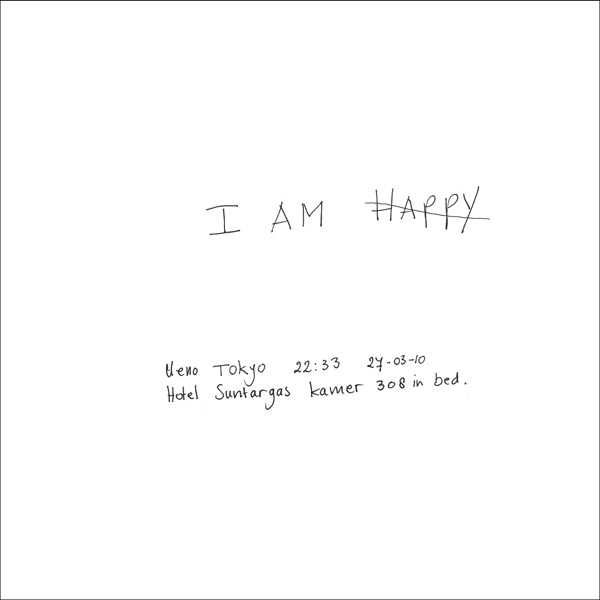{LMC}: An Interview with Megan Garr, Editor of Versal
Versal 9 was the January selection for Literary Magazine Club (details of our next selection, Monday). Did you read the issue? What did you think? My favorite story was Carmen Petaccio’s “Tornado,” where the writer personified a tornado and created a really imaginative story. I also admired Stace Budzko’s “To Be Glad And Young,” particularly the ending. Versal editor Megan M. Garr and I had a great conversation via e-mail about Versal, the proliferation of magazines, being based in Europe, arrogance, editorial humility, and more.
Versal—where does the name come from?
Shakespeare’s Romeo and Juliet, where he shortens the word “universal” to keep with the meter. It’s from a random comment by the nurse in act 2. Somewhere along the line the word “versal” also came to take on the meaning “single”. I liked that conflation, ten years ago when I was first figuring out how to live in a foreign country.
A “versal” is also that ornamental capital letter at the beginning of old texts – a fact that suits us, I think, with our attention to design.
READ MORE >
Too Many Of Us, Too Much Noise
Over on the Versal blog, one of the editors (Megan M. Garr) talks about the impossible economics of publishing a literary magazine and there’s a great discussion taking place in the comments. Money and literary magazines–there are no easy answers. The whole post is worth reading. After a conversation with some strategy consultants, he writes:
They were appalled by some of the cliches we throw around every day. Like, writers are poor. Like, people submit to journals they’ve never read. Like, bookstores buy the journal at a 40% discount. Like, bookstores don’t even buy it, they just take it on consignment.
I was floating after that meeting. I took a breath, got some perspective, confirmation that we navigate somewhat crazy waters here, that we model ourselves after the socialist university mags or the utopian zines but we’re actually crashing against regular-old capitalist realities. So of course our survival has become rather freaktified and precarious.


